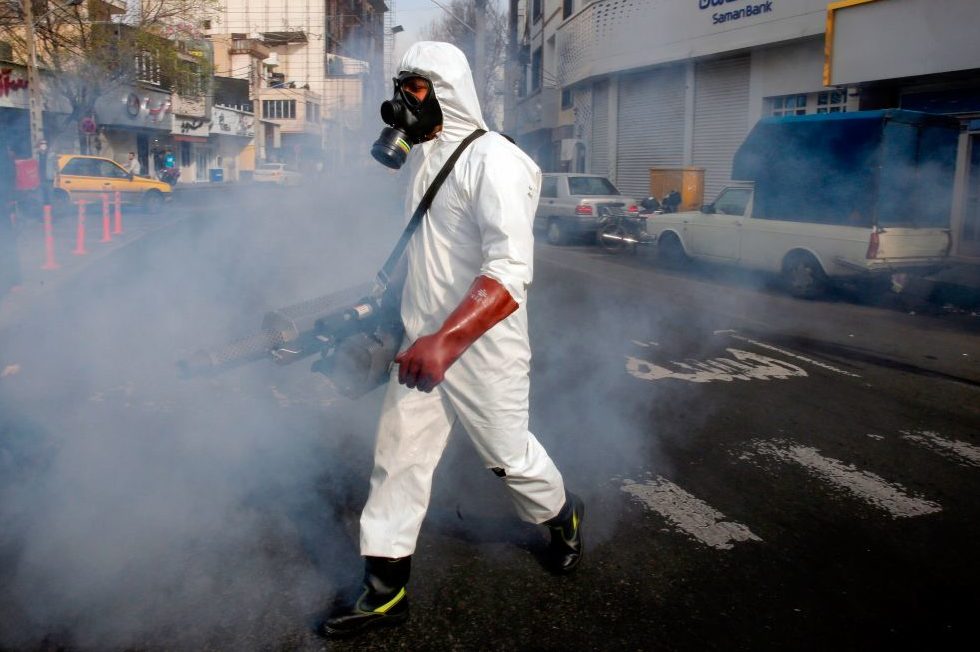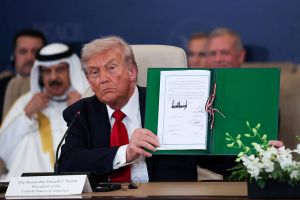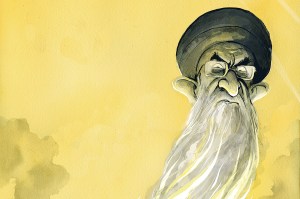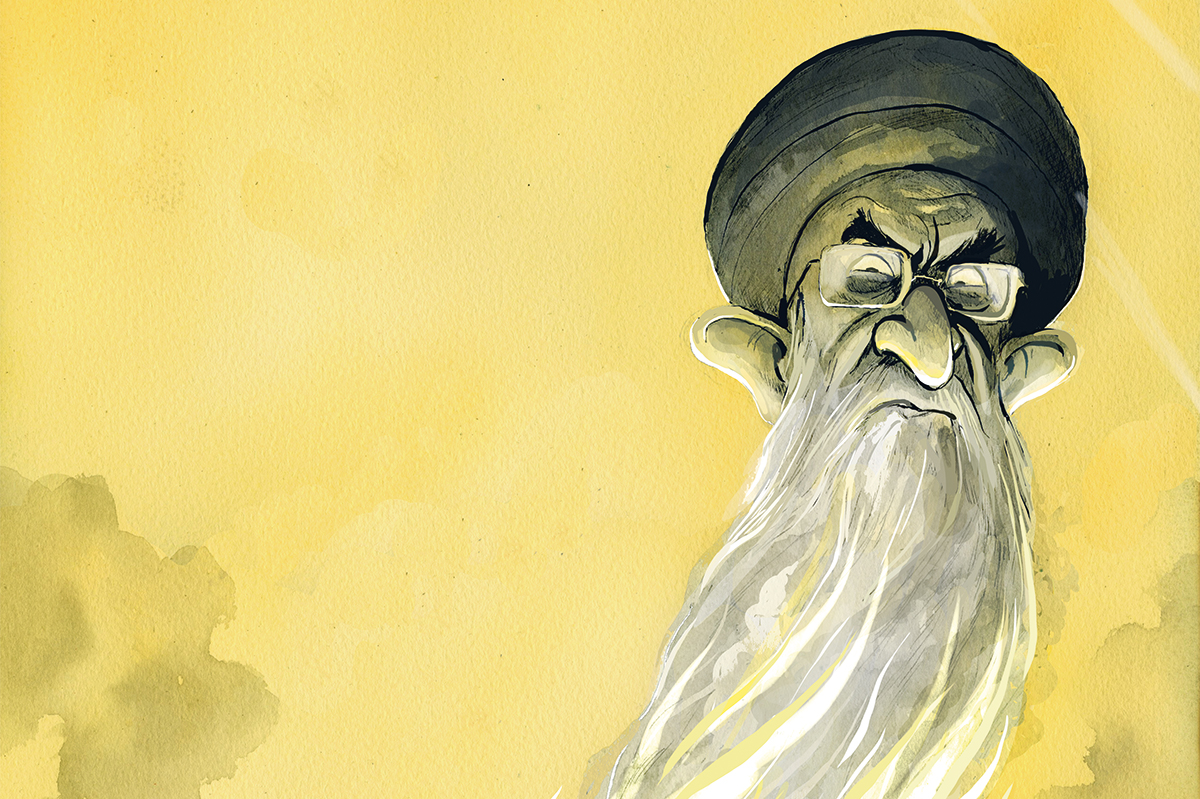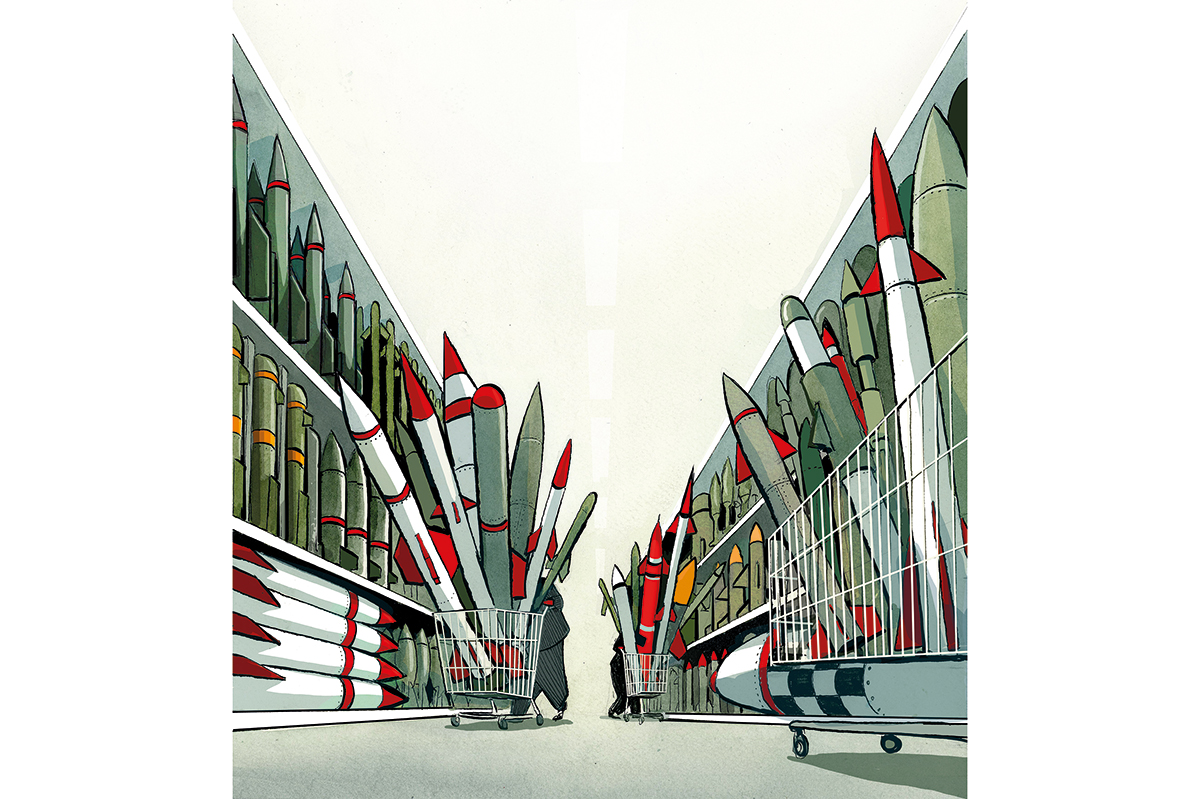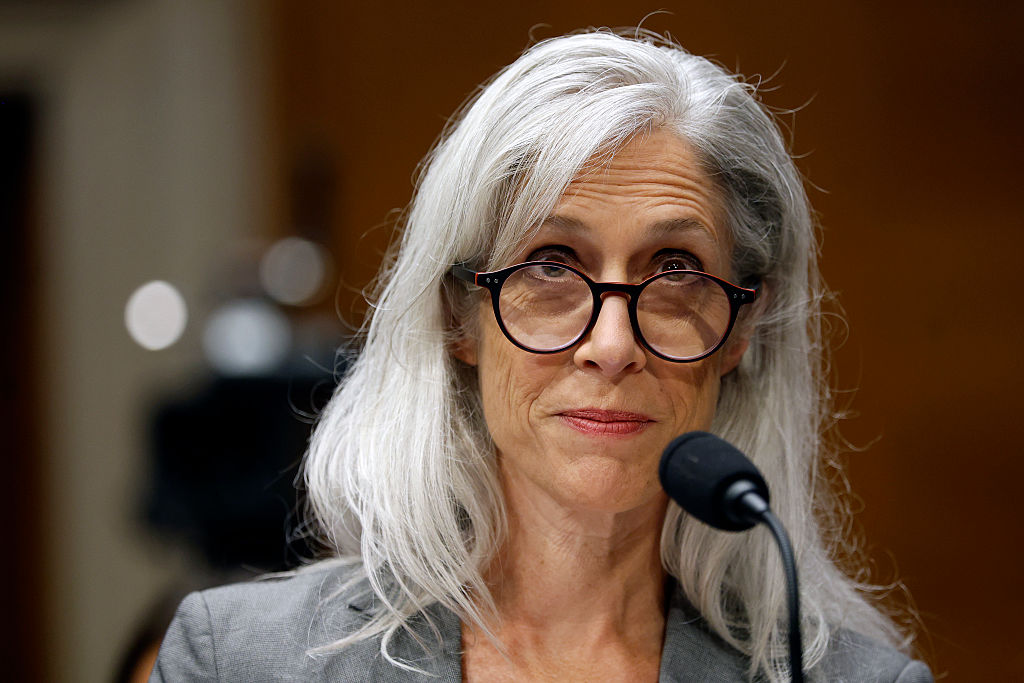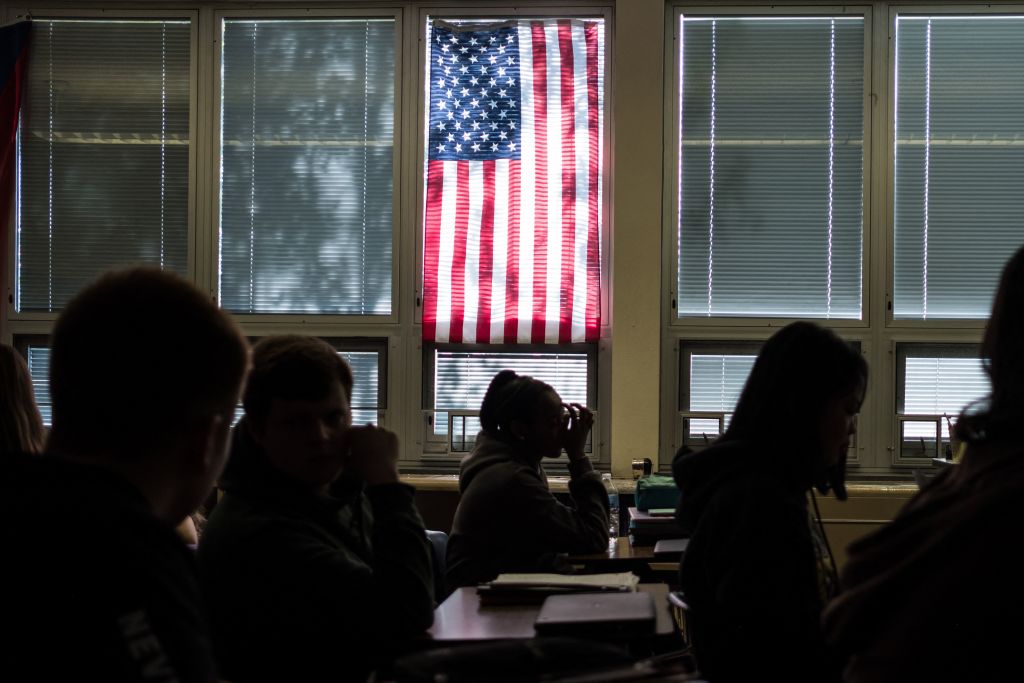In the name of God. These words define the Islamic Republic of Iran. They stretch across its official paperwork and correspondence; they drive its constitution; they drop from the lips of its Ayatollahs leading Friday prayers; and they imprison its people.
In Iran, the Velayat-e Faqih, the ‘rule of the jurists’, holds that those best equipped to interpret God’s laws are those best equipped to rule. Authority descends in a straight line: from God to Mullah to Man (and then woman). Iran’s laws render its citizens little more than children clutched in the paternal embrace of a near all-powerful clerical and military class. That this class is repeatedly subject to bouts of extreme violence and paranoia, as well as remaining perennially misogynistic and cruel and incompetent has been the bad luck of Iranians for over 40 years.
Now they must contend with coronavirus. The pandemic has hit Iran hard. As of this week there are around 1,800 fatalities, the fourth highest number of COVID-19 deaths after China, Italy and Spain. Iranians I speak to tell me they suspect things are much worse. The government, they say, is lying, like it always does. They are bitter. But their bitterness is tinged with weariness and a weird kind of black humor that is borne of long experience. Times are tough. But then they always are.
Iranians are used to tragedy, especially when it comes wrapped in collective hardship. The problem is that everything Iranians suffer they do so twice over. Sanctions are biting? The corruption and incompetence of the regime guarantees the effects will be worse. International isolation continues to hamper Iran’s oil revenues? The regime’s refusal to root out cronyism makes it twice as bad. And so it is with the virus. Officially Iran has over 21,000 cases but the real number of infections is believed to be as much as five times higher, according to a WHO official. The reason? Not enough government testing.
What do you do when those you are compelled to rely on to keep you safe are those you trust the least? Golnaz Esfandiari, a senior correspondent with Radio Free Europe/Radio Liberty, sums up the dilemma. ‘Many Iranians don’t trust their leaders,’ she says. ‘And the mistrust has been exacerbated in past months by what was seen as an initial attempt to cover up the shooting down of the Ukrainian plane and the November state crackdown when the establishment imposed a near-total Internet shutdown, punishing millions of Iranians.’
She continues: ‘The response to the coronavirus outbreak has also been also met with widespread distrust, particularly because authorities first downplayed the gravity of the situation and then failed to adequately quarantine people.’
What makes the regime’s actions even more egregious is that coronavirus is believed to have spread to much of the country from Qom, the holy city home to the country’s priestly caste and a traditional power centre of the Islamic Republic. It was here that the first two cases were reported on February 19. Things have since got much worse. Stupidly, the authorities had until recently refused to shut the Fatima Masumeh shrine, which attracts thousands of worshippers who come to pay obeisance before promptly fanning out across the country as they return home. Results have been predictable. Once Iran’s theocrats contented themselves with repression and indoctrination and violence. Now they’re super spreaders, too.
Iran’s government may be less than adept at tackling coronavirus but it is world class in peddling conspiracy theories. No surprise here. The conspiratorial worldview is the refuge of the paranoid and the sordid; and for Tehran it amounts to an official policy of state, particularly in times of national crisis. These occur with depressing frequency for Iranians, who live in a state where coronavirus has ensured that nothing now functions as it should, except of course the bearded thugs that can always be relied upon to police women’s dress and beat protesters.
The problem is that the ideological ballast on which the Islamic Republic is based rests upon the belief that the Velayat-e Faqih is needed to stop Iran’s many enemies, especially the Great Satan, the United States, from exploiting it.
This means several things. It means you definitely don’t want any sort of détente with the West, even if you agree to compromise just a little bit over your nuclear program. It means that you cannot countenance any questioning of state doctrine lest it all unravel (which it unquestionably would). And it means that you absolutely cannot accept any help from the Americans, even in a time of global crisis. Asked whether he would accept US assistance to fight coronavirus, Iran’s supreme leader Ali Khamenei, replied, ‘I do not know how real this accusation is but when it exists, who in their right mind would trust you to bring them medication? Possibly your medicine is a way to spread the virus more.’
So when the economy crashes and villages and towns and cities lock down and the old get the virus and everything grinds to a destructive halt it is quite obvious who will be blamed. It will be the imperialists and the Zionists and the Illuminati and whoever else Iran’s ruling gerontocracy has deemed profane. And of course it is Iranians who will pay the price, as they always do.
This article was originally published onThe Spectator’s UK website.



